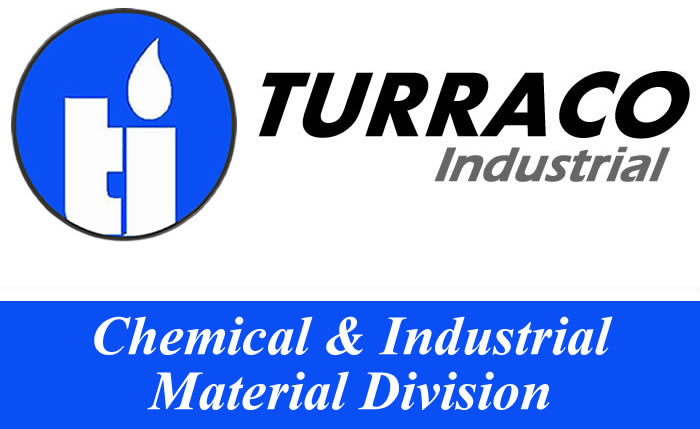Ethylene Glycol
Ethylene glycol is an odorless, naturally colorless, syrupy, sweet-tasting liquid. It is an organic compound primarily used as a raw material in the manufacture of polyester fibers and polyethylene terephthalate resins (PET) used in bottling. A small percent is also used in industrial applications like antifreeze formulations and other industrial products.
It is used in the natural gas industry to remove water vapour from natural gas before further processing, in much the same manner as TEG (Tri Ethylene Glycol). The major use of ethylene glycol is as a medium for convective heat transfer in, for example, automobiles and liquid cooled computers. Ethylene glycol is also commonly used in chilled water air conditioning systems that place either the chiller or air handlers outside or systems that must cool below the freezing temperature of water.
In geothermal heating/cooling systems, ethylene glycol is the fluid that transports heat through the use of a geothermal heat pump. The ethylene glycol either gains energy from the source (lake, ocean, water well) or dissipates heat to the source, depending if the system is being used for heating or cooling.
In the plastics industry, ethylene glycol is important precursor to polyester fibers and resins. Polyethylene terephthalate, used to make plastic bottles for soft drinks, is prepared from ethylene glycol.
In hydrate inhibition, because of its high boiling point and affinity for water, ethylene glycol is a useful desiccant. Ethylene glycol is widely used to inhibit the formation of natural gas clathrates (hydrates) in long multiphase pipelines that convey natural gas from remote gas fields to a gas processing facility.
Natural gas is dehydrated by ethylene glycol. In this application, ethylene glycol flows down from the top of a tower and meets a rising mixture of water vapor and hydrocarbon gases. Dry gas exits from the top of the tower. The glycol and water are separated, and the glycol recycled.
Instead of removing water, ethylene glycol can also be used to depress the temperature at which hydrates are formed. The purity of glycol used for hydrate suppression (monoethylene glycol) is typically around 80%, whereas the purity of glycol used for dehydration (triethylene glycol) is typically 95 to more than 99%. Moreover, the injection rate for hydrate suppression is much lower than the circulation rate in a glycol dehydration tower.
Minor uses of ethylene glycol include the manufacture of capacitors, and as an additive to prevent corrosion in liquid cooling systems for personal computers. Ethylene glycol is also used as a minor (1–2%) ingredient in shoe polish and also in some inks and dyes.
Ethylene glycol has seen some use as a rot and fungal treatment for wood, both as a preventative and a treatment after the fact. It has been used in a few cases to treat partially rotted wooden objects to be displayed in museums. It is one of only a few treatments that are successful in dealing with rot in wooden boats, and is relatively cheap.
Ethylene glycol may also be one of the minor ingredients in screen cleaning solutions, along with the main ingredient isopropyl alcohol. Ethylene glycol is commonly used as a preservative for biological specimens, especially in secondary schools during dissection as a safer alternative to formaldehyde.
It is importantly used as part of the water-based hydraulic fluid used to control subsea oil and gas production equipment.
For additional information and documents about Ethylene Glycol and its variations or how we can supply your organization, please give us a call, send us an email or contact us here: |

